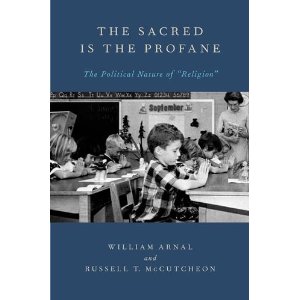The Forum 18 Blog has an interesting article by Mine Yildirim (Åbo Akademi University) on the freedom of religion provisions in a draft constitution currently under consideration in Turkey. The ruling Islamist AKP party and the opposition secularist CHP party have agreed on some provisions, but not all, and Yildirim describes the result as a mixed bag. For example, for the first time, the constitution will contain a clause conferring a right to change one’s religion. As Yildirim points out, many majority-Muslim countries reject such a right, and the AKP deserves some credit for accepting the language (though Islamists sometimes interpret such language to confer only a right to convert to Islam). On the other hand, the AKP has refused to discontinue compulsory religion classes in public schools. Minorities, especially Alevis, claim these classes amount to proselytism, and the ECtHR has agreed on at least one occasion (Zengin v. Turkey). Also, the AKP rejected the CHP’s proposal for a clause stating that “the state is impartial toward all religions and beliefs in all its proceedings and actions and will respect social pluralism based on the diversity of religions, beliefs and opinions.” The AKP argued that such a provision would invalidate the state’s Ministry of Religious Affairs, or Diyanet, which has a major role in promoting Sunni Islam in Turkey. Here’s Yildirim’s closing paragraph:
The challenge for the AKP – as the current ruling party – remains to devise policies which genuinely respect the religious freedom of Turkey’s increasingly pluralistic society. This starts with the Constitution and also includes other legislative changes to protect religious freedom in line with the country’s existing human rights commitments. The AKP’s non-recognition of Alevi cem houses (places of worship), insistence on the compulsory [religious education] lessons, strengthening the Diyanet’s position as a publicly-funded religious institution, and the comments of AKP politicians, indicate that the party fails to devise policies that respect Turkey’s pluralistic reality and observe the principle of impartiality on the part of the state.



